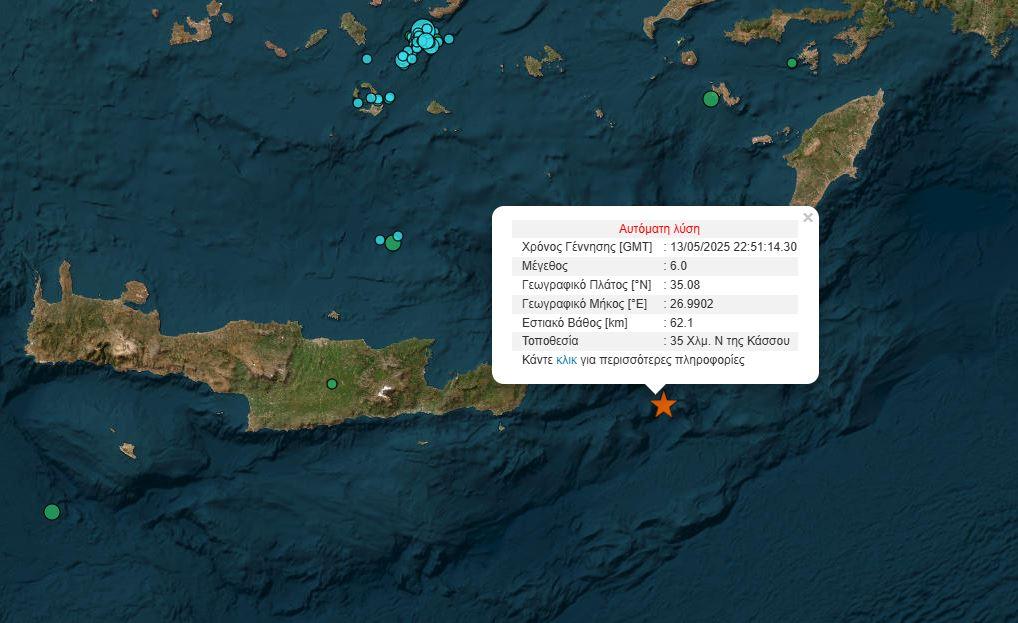Banks Alarm: New type fraud threatens deposits

Increased readiness and attention are demanded by banks from their customers, as the early year have been able to get hundreds of thousands of euros from bank deposits.
The new type of fraud is done by a method known as « Caller ID Spoofing », with which aspiring scammers call from foreign telephone number, but on the victim’s cellphone the call number is like or is the same as that of the bank with which they work together.
In order to deal with fraud cases, the Hellenic Banking Union (EET) works with the National Telecommunications and Post Commission (EETT) and telecommunications companies.
April has been blocked in incoming calls in a series of telephone numbers based outside Greece that attempted to get money and information from bank customers over the last time.
These numbers have been collected by banks, who have recognized these phones as dangerous.
The majority of telecommunications providers have responded to EETT’s call by applying the barrier measure.
Candidate victim accepts a call. The number that appears on the phone screen is the same as that of its bank – and usually corresponds to the headquarters or customer service department.
At the other end of the line is the aspiring fraudster, a pretext of the bank’s customer service.
Occasionally, the skeptics use the names of real store officials.
Usually, they are targeted at the prospective victim by his name and ask for information such as e-banking codes, cards and more.
As a « bait » they usually use the supposed payment of an allowance and stress that its acceptance is urgent, as otherwise this will not be validated.
Other times they refer to great investment opportunities in the form of customer reward, and in some cases they claim that they want to interrupt a fraud transaction.
Other times, they may ask the prospective victim to withdraw or transfer money from ATMs.
They always give the urgency dimension, without letting the prospective victim think time.
If the customer (a candidate victim) expresses mistrust, they point out that they call the bank network and even call him to confirm the origin of the number.
The networks of rogues are said to target special customers who have significant amounts of bank accounts to get several thousand euros from each victim falling into the trap.
Although banks do not provide detailed data on the lost amounts with the Caller ID spoofing method, market sources are talking about a total of between 100,000 and 200,000 euros.
According to banking sources, the damage so far is not great, but if it continues, it can quickly escape. That is why banks are taking their steps, both with information campaigns and calling.
As reported in relevant announcements, it is recommended to customers:
Immediately interrupt the call and call the body from which the call is supposed to come from to confirm it.
Never give any sensitive personal or banking information: username, passwords, card numbers, PIN, OTPS (disposable codes), etc. As noted, banks and organizations do not ask consumers for any reason to disclose such information during a genuine communication.
Never type codes indicated by anyone on the other end of the line.
Carefully read the messages they receive from their bank with SMS OTP or Viber OTP.
To end the call directly as they realize that they are fraud and immediately report to the police.
Inform their relative and friendly environment or even post on social media so that as many citizens are aware as possible.






/s3/static.nrc.nl/images/gn4/stripped/data131889241-8a0b12.jpg)
